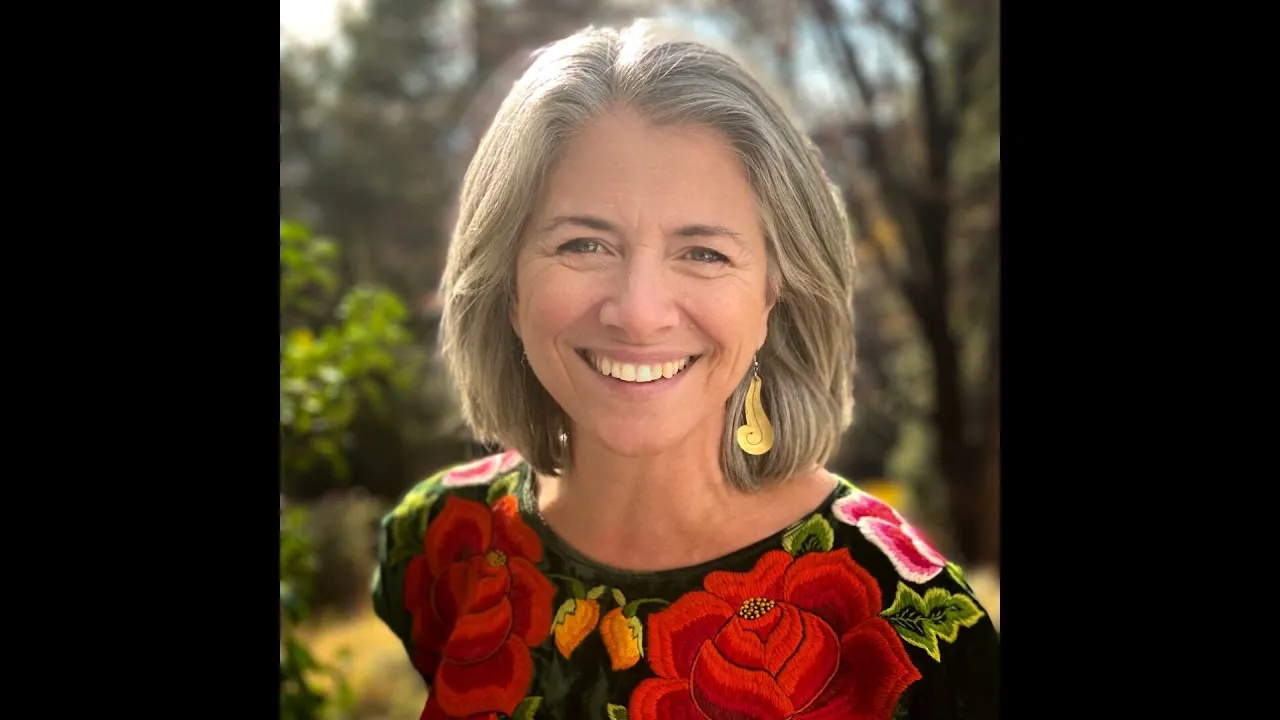Separation and Divorce Ambivalence in Family Mediation
Attachment in adult relationships Couples facing separation must cut their legal and financial ties and grow out of their emotional […]
Read complete blog >>
We often think of anxiety as an individual struggle. We see it as a problem to be managed through stress reduction, deep breathing, or cognitive reframing. But what if anxiety isn’t just about what’s happening inside us but also about what’s happening between us? What if anxiety alerts us to the fear of disconnect from others?
Relational psychodynamic theorists—including Donald Winnicott, Peter Fonagy, Stephen Mitchell, Nancy McWilliams, and Jessica Benjamin—suggest that anxiety isn’t just about fear of the unknown. Anxiety stems from the fear of disconnection.
From infancy, our emotions are regulated through relationships. When those bonds feel unpredictable, invalidating, or distant, we internalize a deep sense of unsafety—not just externally, but within ourselves. Different theorists help us understand anxiety through a relational lens.
As children, we adapt to our caregivers. If being our true self threatens connection, we learn to suppress, perform, and please. We develop what Winnicott called the False Self. The False Self keeps us safe. But over time, it also creates chronic anxiety. We fear that we will no longer be accepted if we stop performing.
Fonagy’s concept of mentalization—our ability to understand our own and others' emotions—helps explain why some forms of anxiety feel so overwhelming. If early relationships were unpredictable, we may struggle to mentalize our own emotions. Anxiety then becomes something we can’t make sense of, only endure. Anxiety is often a failure of mentalization. Emotions feel too big to name, hold, or process.
We all exist in a tension between the need for connection and closeness and the need for autonomy and independence. According to Mitchell, anxiety arises when we feel too dependent (fear of engulfment) or too independent (fear of abandonment). Healing comes from recognizing that dependency isn’t weakness and that autonomy isn’t isolation.
Benjamin’s concept mutual recognition reminds us that anxiety eases when we feel seen. Healing happens when we experience:
If we see anxiety only as an individual struggle, we might believe the solution is to “fix ourselves.” But from a relational perspective, we feel anxious when we fear disconnect from others. Anxiety is about the self in relation to others. Healing anxiety isn’t just about managing symptoms. It’s about building relationships that support emotional safety, authenticity, and self-recognition.
Articles on www.hoopfull.com may feature advice and are for informational purposes only. It is not intended to be a substitute for medical advice, diagnosis or treatment from a trained professional. In an emergency, please seek help from your local medical or law enforcement services.
Keep up to date with the Hoopfull community.

Attachment in adult relationships Couples facing separation must cut their legal and financial ties and grow out of their emotional […]
Read complete blog >>
We spend years in school learning math, biology, and history, but very few of us are ever taught the actual […]
Read complete blog >>
Our standard of living has improved physically and materially. Life expectancy has increased. Healthcare, housing, education, infrastructure, and human rights […]
Read complete blog >>